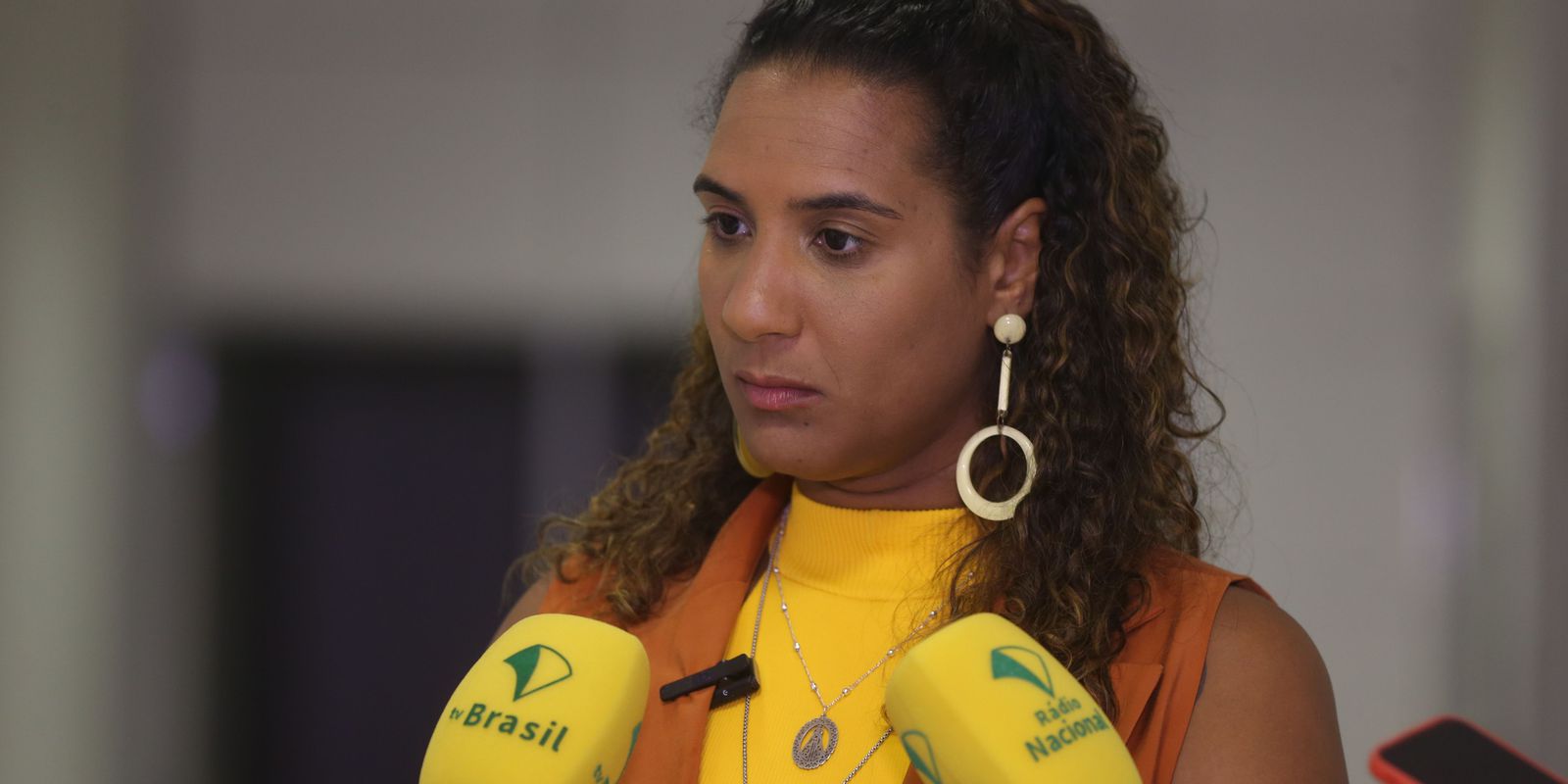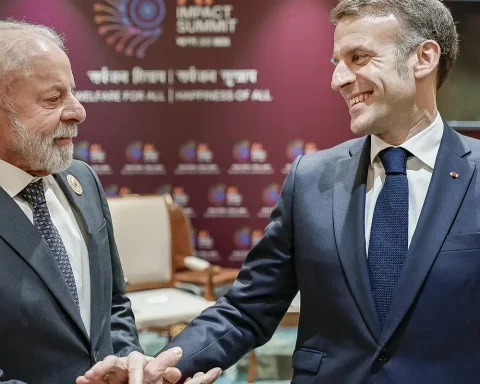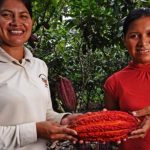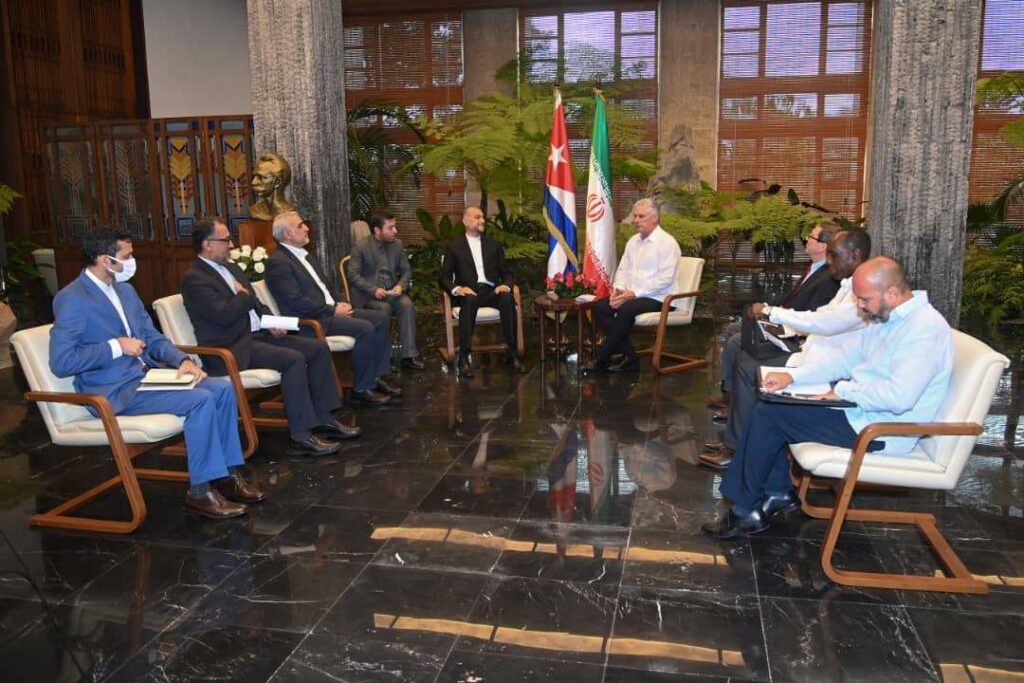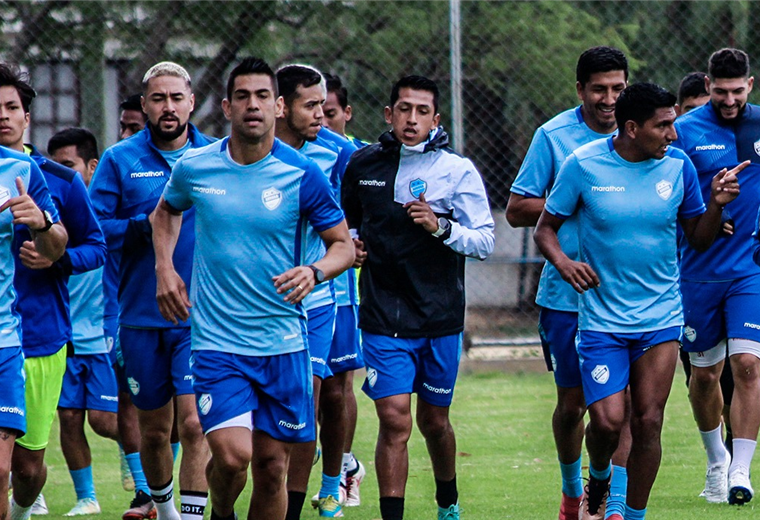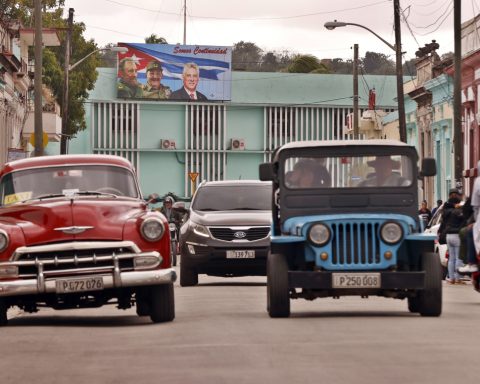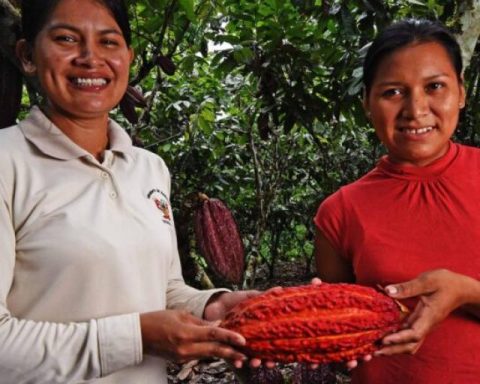Promoting equality for the Brazilian black people in all its spheres is the commitment of the Ministry of Racial Equality, a portfolio recreated by the government of President Luiz Inácio Lula da Silva. Among the ministry’s challenges is the expansion and improvement of affirmative action policies in Brazil, to guarantee the access and permanence of blacks, browns and indigenous people in higher education.
As a result of the quota policy, the Minister of Racial Equality, Anielle Franco, spoke about the challenges of the new ministry to guarantee an egalitarian society, in an interview with the program Brazil on agenda which airs this Sunday (5), at 22:30, on TV Brazil.
During the chat, Anielle highlighted the importance of affirmative policies, such as Quota Lawfor the inclusion of black people in higher education and recalled his experience with the program.
“The Quota Law is one of the greatest reparations we have in the country. I am the result of the Quota Law within the State University of Rio de Janeiro (UERJ), where I am very proud and have spoken. I will repeat this a lot and thank President Lula, because there is no other law of greater reparation than the Quota Law in the country today, ”he said.
“Speaking of 2012, which was the year I joined, there were still a lot of people there who said ‘ah, the Quota Law doesn’t work’, or even said ‘quota holders can’t keep up when they enter’, so I came from a 12-year trajectory in the United States, my English was fluent and it was great, because I was able to prove within the university that that was not real”, recalled the minister.
In August 2022, the law that guarantees access to federal institutions of higher education for black, brown and indigenous students, as well as people with disabilities, and for those who have fully attended high school in public schools completed ten years. According to data from the Brazilian Institute of Geography and Statistics (IBGE), with the Quota Law, the number of blacks in universities grew by almost 400% in this period.
As a way of strengthening the law and expanding the presence of black and poor young people in universities, the Ministry of Racial Equality already has the Secretariat for Affirmative Action Policies and Combating and Overcoming Racism, headed by sociologist Márcia Lima. “The Quota Law is something that, in addition to my trajectory, is something that we have started to talk about. We will have a working group to think about this law, but also with the permanence [dos estudantes na universidade]. The law will remain in force, but there will be a period of political discussion of the law. Today we have enough data to prove how important it is”, he highlighted.
Also during the interview, Anielle highlighted other challenges of the new ministry, such as the importance of feeding the black population as a priority and starting point for the portfolio’s other goals. “Today we have 33 million people going hungry in the country and 70% of them are black and poor. All of our agendas are transversal and we have numerous priorities, but the first is, in fact, to put food on the tables of Brazilian men and women who are starving”, she said.
Other challenges pointed out by the minister were budgetary issues, health, education, in addition to confronting the genocide of the black population, an issue that, according to Anielle, will rely on a working group in partnership with the Ministry of Justice.
refugee black population
In January, a partnership between the Ministries of Justice and Racial Equality launched the Moïse Kabagambe Observatory and the Program for Attention and Acceleration of Refuge Policies for People of African Descent.
The intent of the observatory is to map violence against refugees in order to monitor and combat the practice of violence and xenophobia. The program, on the other hand, comprises the proposition of public policies and the construction of partnerships with civil society organizations, in addition to international organizations, states and municipalities, with the objective of universalizing good practices aimed at the black refugee population.
“I was very emotional at the launch of the observatory, because that’s it: it’s always a wound that remains. It’s him [Moïse Kabagambe]like other people who unfortunately were also murdered in this country, a legacy of struggle remains for those who remain alive”, highlighted Anielle, who recalled the death of Congolese immigrant, Moïse Mugenyi Kabagambe, murdered at the Tropicália kiosk, in Rio de Janeiro, in the beginning last year.
Check out the full interview on the show. Brazil on agenda will air this Sunday (5) at 22:30.
Click here and learn how to tune in The TV Brazil.
